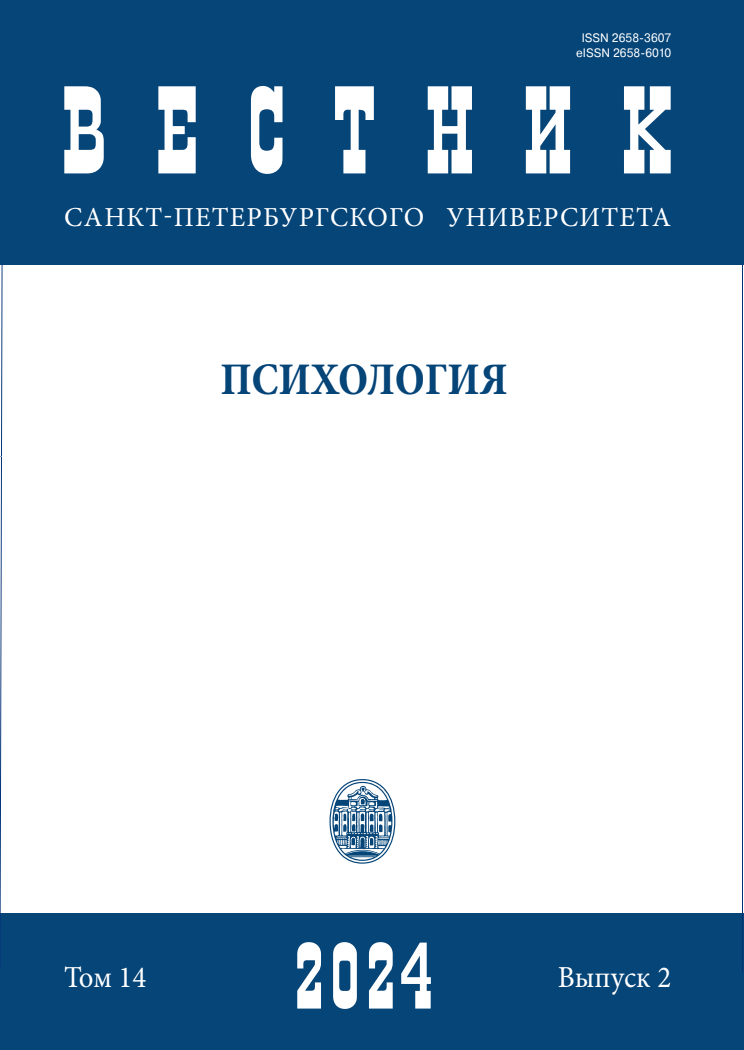The life situation of post-guardianship in the representations of members of kinship guardian families
DOI:
https://doi.org/10.21638/spbu16.2024.203Abstract
The completion of guardianship is an important period for all family members and can be considered as a special life situation. The study of the post-care period allows us to assess the quality of the passage of the previous stages and to see the prospects for further development of both the foster children (post-foster children) and the guardians (post-guardians). Currently, this stage of the life of foster families is not sufficiently reflected in scientific research. There is a need to supplement empirical data on the problems of foster families after the end of guardianship. The purpose of the study is to study the features of the life situation of postguardianship in the representations of post-guardians and post-foster children. To achieve this goal, a questionnaire has been developed that contains questions aimed at identifying the structure of the post-guardian family, studying subjective assessments of changes in the life situation, analyzing the level of maintaining relationships in the “post-guardian — post-foster children” system, subjective assessment of the level of maintaining social contacts, identifying the ability and willingness of the former guardian to transfer responsibility, subjective assessment of the post-foster children readiness for independent identification of the level of satisfaction with the result of interaction in the family. The study involved 214 members of kinship guardian families. Of these, 112 orphaned children aged 18–25 years and 102 post-guardians aged 45–75 years. The analysis of the responses showed differences in the ideas about the life situation of post-guardianship members of kinship guardian families. Positive ideas about the life situation were revealed in the post-foster children, who at the time of the study had already created their own families and those who live independently. Post-foster children and postguardians, living together, gave lower ratings for the categories of the situation under consideration. Lower ratings were revealed in the representations of post-guardian grandmothers than in the representations of post-guardian aunts. Post-guardian grandmothers living alone, in all the categories under consideration, have negative ideas about the post-guardianship situation, which indicates the need to develop and organize psychological support.
Keywords:
life situation of post-guardianship, post-guardians, post-foster children, kinship guardian families
Downloads
References
References
Downloads
Published
How to Cite
Issue
Section
License
Articles of "Vestnik of Saint Petersburg University. Psychology" are open access distributed under the terms of the License Agreement with Saint Petersburg State University, which permits to the authors unrestricted distribution and self-archiving free of charge.




